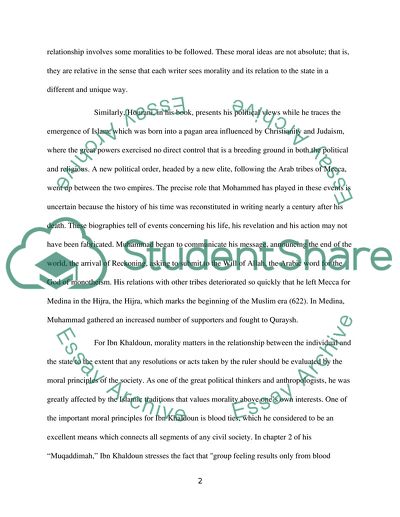Cite this document
(“Albert Hourani and Ibn Khaldoun Essay Example | Topics and Well Written Essays - 1750 words”, n.d.)
Retrieved from https://studentshare.org/history/1436306-albert-hourani-and-ibn-khaldoun
Retrieved from https://studentshare.org/history/1436306-albert-hourani-and-ibn-khaldoun
(Albert Hourani and Ibn Khaldoun Essay Example | Topics and Well Written Essays - 1750 Words)
https://studentshare.org/history/1436306-albert-hourani-and-ibn-khaldoun.
https://studentshare.org/history/1436306-albert-hourani-and-ibn-khaldoun.
“Albert Hourani and Ibn Khaldoun Essay Example | Topics and Well Written Essays - 1750 Words”, n.d. https://studentshare.org/history/1436306-albert-hourani-and-ibn-khaldoun.


